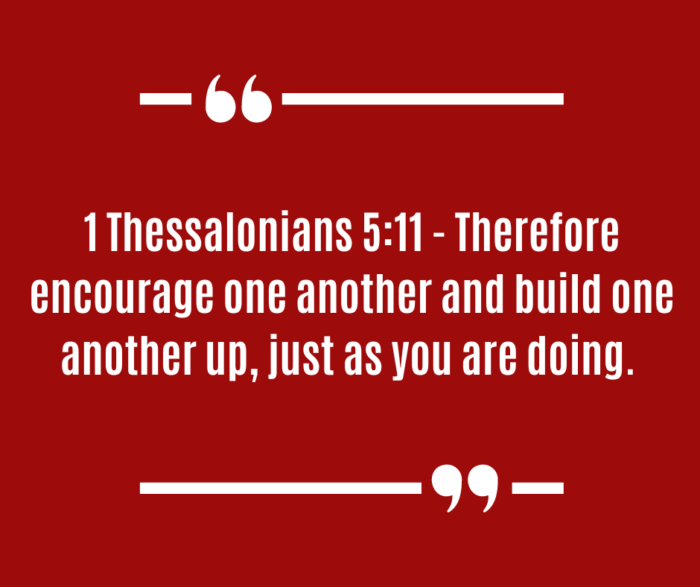
As a Holy Spirit-led Christian coach, relatability is a crucial aspect of building relationships and creating a safe environment for growth and transformation. When clients feel that their coach can understand their experiences, they are more likely to trust them and open up about their struggles. Proverbs 20:5 reminds us, “The purpose in a man’s heart is like deep water, but a man of understanding will draw it out.” By cultivating relatability, coaches can become “a man of understanding” and help their clients draw out their deepest desires and goals.
What significance is “relatability” to Christian coaches? Relatability is an essential skill for Christian coaches to build trust, establish rapport, and create a supportive coaching environment. By practicing active listening, empathy, using relatable language, sharing personal experiences, and asking open-ended questions, coaches can cultivate this critical skill and help their clients to experience personal transformation.
How do you cultivate relatability? Here are some practical steps.
1. Practice Active Listening
Active listening involves fully concentrating on what the client is saying and seeking to understand their emotions and motivations. James 1:19 instructs us, “My dear brothers and sisters, take note of this: Everyone should be quick to listen, slow to speak and slow to become angry.” As coaches, we should strive to listen first and speak second, seeking to understand our clients’ perspectives and experiences.
2. Show Empathy
Empathy is the ability to understand and share the feelings of another person. It is a critical skill for coaches to cultivate because it allows them to connect with their clients on a deeper level. Colossians 3:12 reminds us to “clothe yourselves with compassion, kindness, humility, gentleness, and patience.” By showing compassion and kindness to our clients, we can create a supportive coaching environment that fosters growth and transformation.
3. Use Relatable Language
Coaches should strive to use language that clients can understand and relate to. 1 Corinthians 9:22 states, “I have become all things to all people so that by all possible means I might save some.” By adapting our language to the needs of our clients, we can create a more open and supportive coaching environment.
4. Share Personal Experiences
Sharing personal experiences can be a powerful way to cultivate relatability. By sharing struggles and experiences that are similar to those of the client, coaches can demonstrate that they understand and relate to their struggles. However, coaches should be careful not to let their own experiences dominate the session or shift the focus away from the client. Asking the Holy Spirit to guide you to determine what and when is important. Romans 12:15 encourages us to “rejoice with those who rejoice, weep with those who weep.” By sharing in our clients’ experiences, we can create a supportive and safe environment that encourages growth and transformation.
5. Ask Open-Ended Questions
Open-ended questions encourage clients to think deeply about their experiences and explore their emotions. They show that the coach is interested in the client and committed to understanding their perspective. Proverbs 18:15 reminds us that “an intelligent heart acquires knowledge, and the ear of the wise seeks knowledge.” By asking open-ended questions, coaches can create a supportive and safe environment that encourages growth and transformation.

Brene Brown’s quote, “I define connection as the energy that exists between people when they feel seen, heard, and valued; when they can give and receive without judgment; and when they derive sustenance and strength from the relationship” highlights the importance of connection and relatability in human relationships, including coaching. When clients feel seen, heard, and valued by their coach, they are more likely to trust and engage in the coaching process, which can lead to transformational outcomes.
Prayer for Relatability
Dear Holy Spirit, I pray that you would guide me to be a relatable coach to my clients. Help me to understand their experiences and struggles, and to offer them the support and encouragement they need. Please give me the grace to connect with my clients, build trust, and establish a strong coaching relationship. I ask for your wisdom, discernment, and guidance in all my interactions with clients.
In Jesus’ name, Amen.
